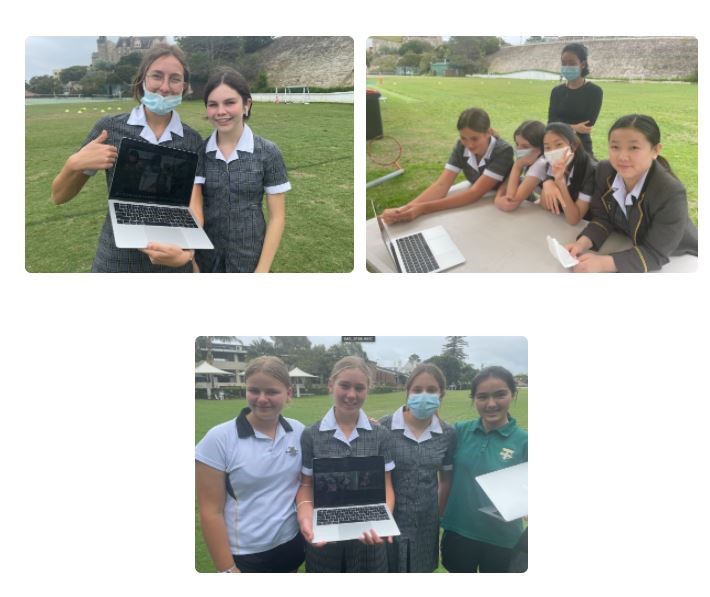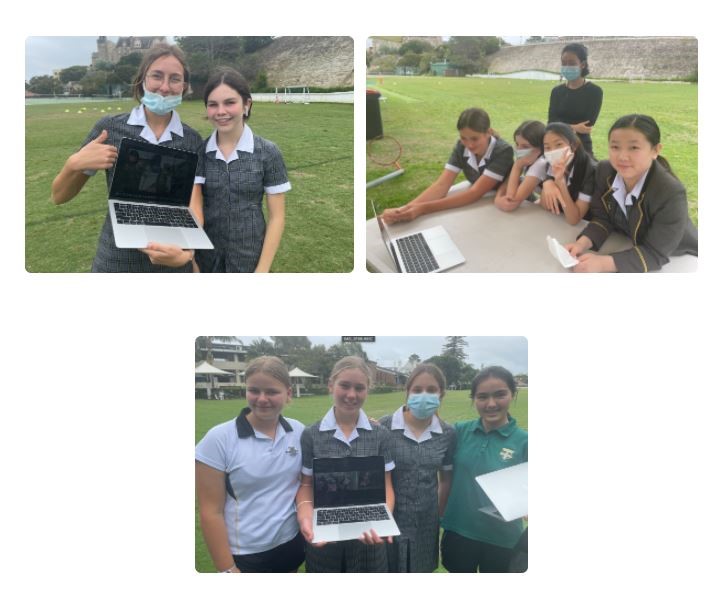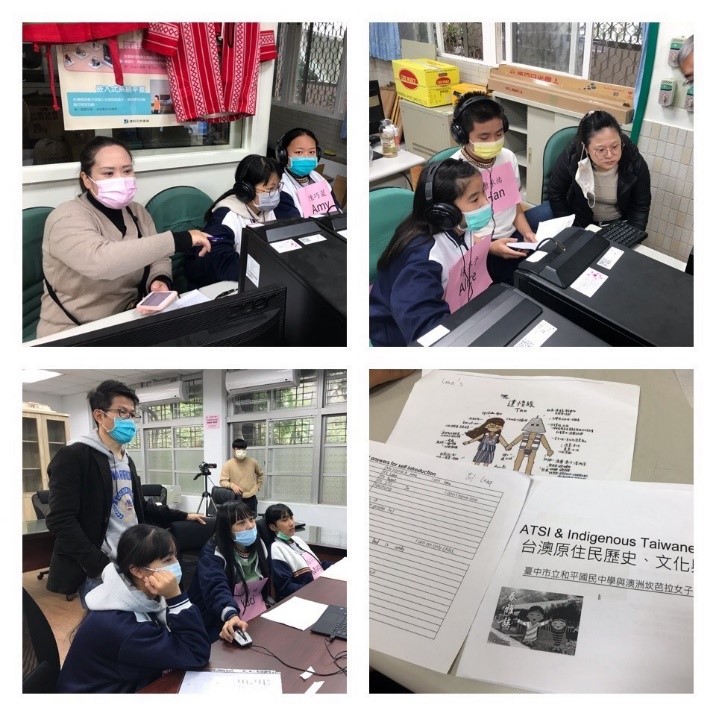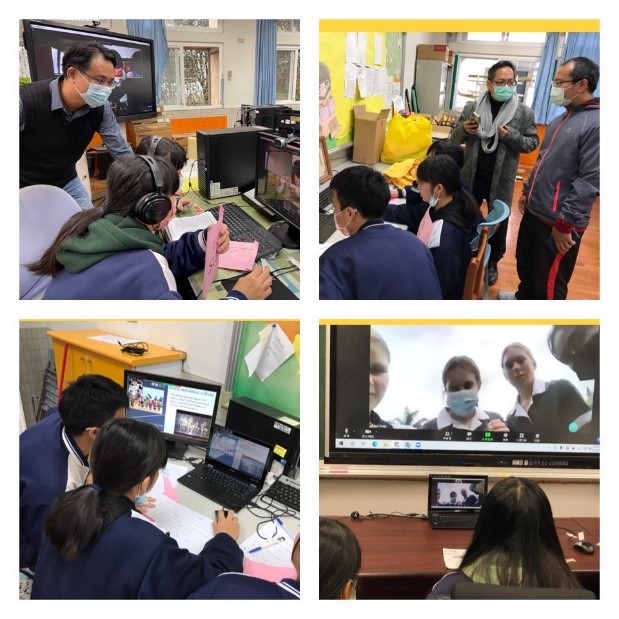Virtual Language Exchange between Schools in Taiwan and Australia

The demand for Mandarin Chinese language teaching in Australian schools has surged over the past decade and Taiwan is implementing its English Language Proficiency Enhancement policy to give its younger generations proficiency in English, as well as Mandarin. To address the related language education needs and broaden students’ access to Mandarin and English language learning opportunities respectively, the Education Division of the Taipei Economic and Cultural Office in Australia is encouraging and assisting schools in Australia to form partnerships with schools in Taiwan.
On November 23, the students in Year 8 Mandarin classes at Kambala, a school in New South Wales had their first online bilingual exchange with students at Pqwasan Laqi-mrkyas Tmali Ku Qalan Thitun, a school in Taiwan. Kambala, founded in 1887, is a private Anglican school for girls located in Rose Bay, an inner suburb of Sydney. It caters for students from Preparatory—for four-year-olds—to Year 12.
Laqi-mrkyas Tmali Ku Qalan Thitun is a junior high school for boys and girls from year 7 to year 9, located in an indigenous mountain area in Heping District in eastern Taichung. It’s an experimental high school with the majority of students belonging to the Atayal people, one of Taiwan’s 16 officially recognized indigenous peoples. The school’s alternative curriculum incorporates aspects of indigenous culture such as traditional art making, hunting, and food gathering techniques to celebrate and maintain its students’ heritage.
The participating students were divided into 7 teams of 3 or 4 and after introducing themselves to each other, they went through a range of activities and tasks that they’d all prepared for. The students all enjoyed it: as one Kambala student said afterwards, “I loved this exchange and found the Taiwanese girls very kind and cute. I can’t wait to do more exchanges in the future!”
Australian Aboriginal and Torres Islander Education is part of the Australian Curriculum and future plans for the two schools’ bilingual exchange program include having regular online exchanges in class to discuss indigenous history, and indigenous culture and language related topics.



